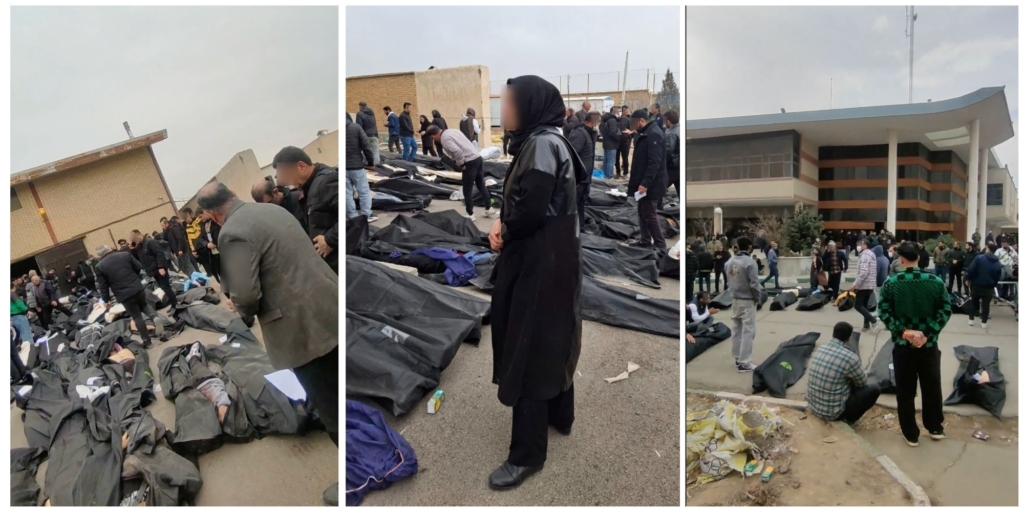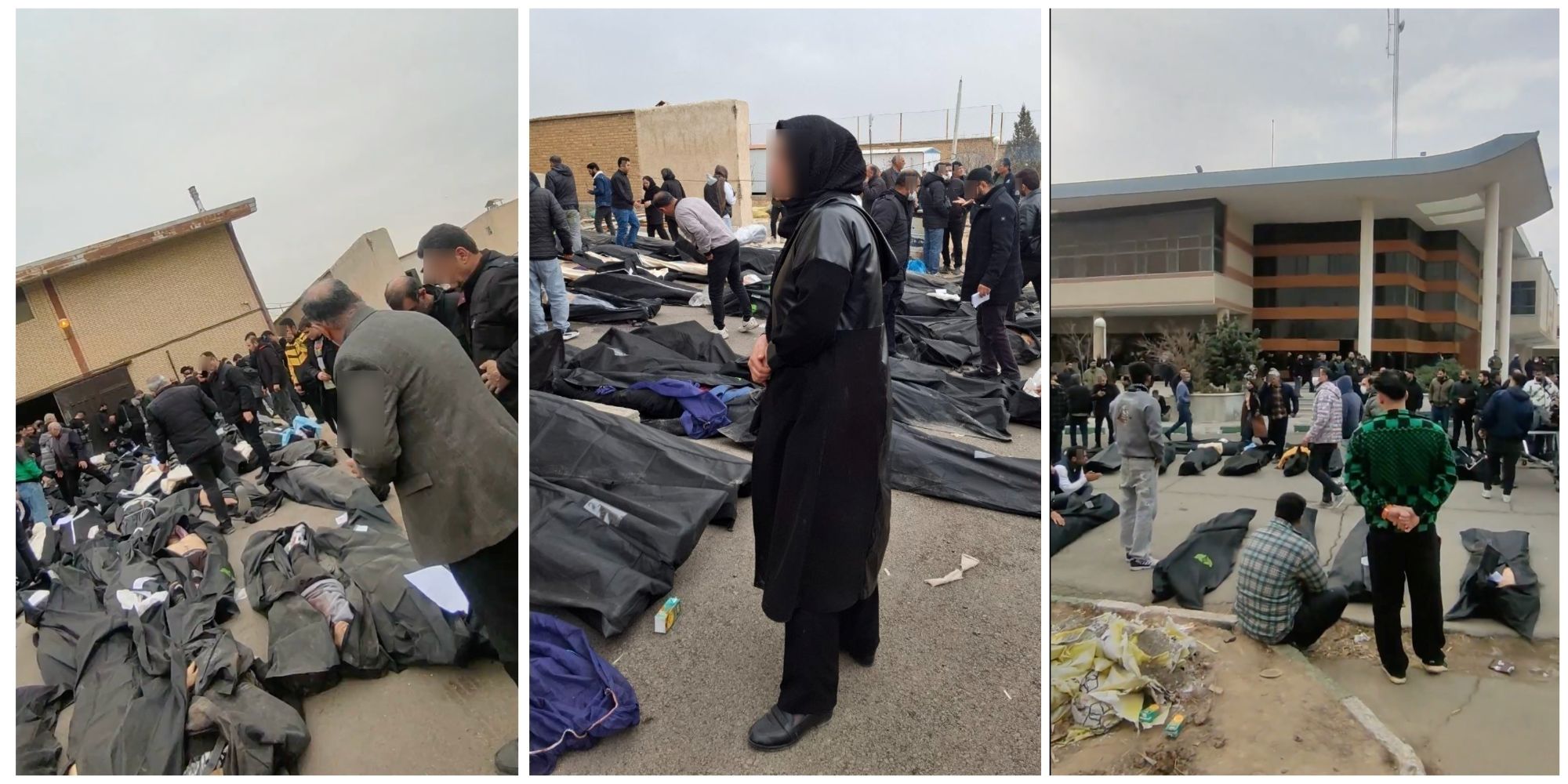We will never stop speaking out for the human rights of all individuals at home and abroad. It is part of who we are as a people and what we stand for as a Nation
President Barack Obama, 9 December 2014.
Thirteen months of detentions at Guantánamo was already far too long. By then, February 2003, the Secretary of Defense had authorized interrogation techniques that violated the international ban on torture and other cruel, inhuman or degrading treatment.
Thirteen years is a human rights outrage. Detainees held for year after year without charge or trial. Torture and other ill-treatment, enforced disappearance, arbitrary detention, excessive force, force feeding, a handful of prosecutions under a military commission system that does not meet international fair trial standards.
There were 245 detainees still held at the base at the end of President President Barack Obama committed his administration to closing the Guantánamo detention facility “promptly” and at the latest by 22 January 2010.
Today there are 127 men still held at Guantánamo, the majority without charge or trial. Almost half of them have been approved for transfer out of the base, most since January 2010 or earlier.The most immediate reason that resolution of these detentions seems as remote as ever is that the issue became mired in a domestic political impasse in which Congress has acted against closure and the administration has been unwilling or unable to find a way around this. Under international law, however, domestic law and politics may not be invoked to justify failure to comply with treaty obligations. It is an inadequate response for one branch of government to blame another for a country’s human rights failure. International law demands that solutions be found, not excuses.
At the root of this injustice is the failure of the US government – all three branches of it – to address the detentions as a human rights issue. As we approach 11 January 2015, day 4,749 in the life of this notorious prison camp, the USA is still failing to address the detentions within a human rights framework.
In the past year alone, three UN human rights treaty monitoring bodies have called for resolution of the detentions.
In April, having reviewed the USA’s record under the International Covenant on Civil and Political Rights, ratified by the USA in 1992, the UN Human Rights Committee called on the USA to “end the use of administrative detention without charge or trial” at Guantánamo. It called on the USA to conduct any prosecutions of Guantánamo detainees in the ordinary criminal justice system, not under a military commission system that fails to comply with international fair trial standards.
In August, the Committee on the Elimination of Racial Discrimination called on the USA to “end the system of administrative detention without charge or trial and ensure the closure of the Guantánamo Bay detention facility without further delay”. Pointing to the prohibition of discrimination, it also called on the USA to “guarantee the right of detainees to a fair trial, in compliance with international human rights standards” and for any detainee who is not charged and tried to be “released immediately”.
And in November, the UN Committee against Torture reiterated to the USA what it had told it eight years earlier in 2006 in relation to the Guantánamo detentions, namely that “indefinite detention constitutes per se a violation” of the Convention Against Torture and Other Cruel, Inhuman or Degrading Treatment or Punishment, a treaty ratified by the USA in 1994. The Committee expressed its concern about the “cumulative effect that the conditions of detention and treatment in Guantánamo have had on the psychological health of detainees” and repeated its call on the USA to “cease the use of indefinite detention without charge or trial”.
Violations of international human rights law will forever be associated with the Guantánamo detentions. Detainees were subjected to torture or other ill-treatment either at the prison or before they arrived there. Prolonged incommunicado detention as well as enforced disappearances took place at Guantánamo as well as elsewhere in the US detention system. For years, hundreds of Guantánamo detainees were denied their right to have a judge rule on the lawfulness of their detention. The few that faced criminal charges during the Bush years were not brought before any ordinary US court of law; instead, for such prosecutions the government invented an ad hoc system of military commissions, applying rules that fell far short of international fair trial standards.
The Obama administration is continuing with military commissions – it has transferred only one detainee to the ordinary criminal justice system for trial in US federal court, and that was five years ago. The administration is currently intending to seek death sentences against six detainees if it obtains their convictions in their forthcoming military commission trials. The imposition of the death penalty after unfair trials violates the right to life under international law.
To be sure, there has been a recent flurry of detainee transfers out of Guantánamo. Twenty-eight detainees were transferred out of the base during 2014, following the 11 who had been transferred from there in 2013. Recent transfers have included two men to Slovakia, three to Georgia, five to Kazakhstan and six to Uruguay, the latest countries to step in and help the USA out of the hole it has dug for itself. The USA continues to seek to have other countries do what it, the creator of the Guantánamo prison camp, refuses to do: namely, to accept detainees that the USA decides no longer to detain but who cannot be immediately repatriated for whatever reason.
The USA also remains on the wrong side of its international obligations through its failure to ensure full accountability for the violations committed at the base and elsewhere. To reiterate: the Guantánamo detention facility has been the location for multiple human rights violations over the years, including enforced disappearance.
Last month the Senate Select Committee on Intelligence confirmed that Guantánamo had been used by the Central Intelligence Agency (CIA) for secret detentions in 2003 and 2004.
At least 28 of those still held at Guantánamo were held in the CIA’s secret detention programme prior to being transferred to the naval base, subjected to enforced disappearance for between 40 days and four and a half years in CIA custody. A number of them were subjected to torture under interrogation while in that unlawful programme.
Torture and enforced disappearances are crimes under international law. The USA remains in serious violation of its human rights obligations by failing to ensure full truth, remedy and accountability for these crimes.
As well as ending the Guantánamo detentions in a manner that is fully consistent with international human rights law, and closing the detention facility, the USA must ensure thorough and impartial investigations into all allegations of human rights violations, bring those responsible to justice and ensure genuine access to remedy to those who suffered the violations.
Read more:






















